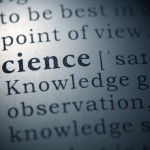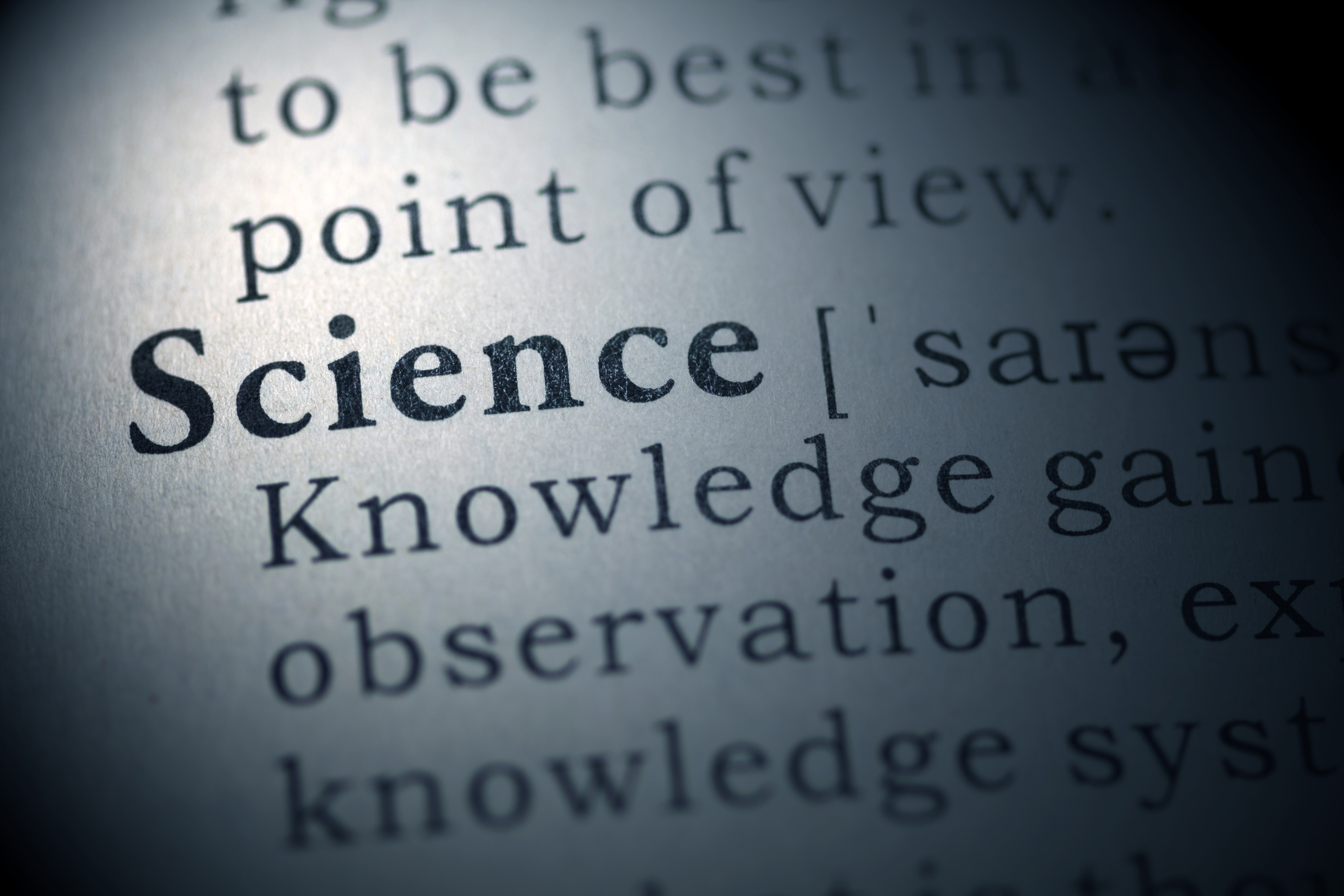 The “lack of transparency is a huge political advantage . . . Look, I wish Mark was right that we could make it all transparent, but I’d rather have this law than not. ” – so says Jonathan Gruber, who’s been embroiled in the recent flap over the Obama Administration’s passage of the Affordable Care Act. And despite the condemnation’s of Mr. Gruber, he’s correct. Transparency is one of those things we clamour for more of, we all want it and it’s good in all cases, except when it’s not.
The “lack of transparency is a huge political advantage . . . Look, I wish Mark was right that we could make it all transparent, but I’d rather have this law than not. ” – so says Jonathan Gruber, who’s been embroiled in the recent flap over the Obama Administration’s passage of the Affordable Care Act. And despite the condemnation’s of Mr. Gruber, he’s correct. Transparency is one of those things we clamour for more of, we all want it and it’s good in all cases, except when it’s not.
The lack of transparency, combined with the political acumen and factual command of the average voter, presents unique challenges to a free society. Just read Ilya Somin’s book Democracy and Political Ignorance – why smaller government is smarter. And the Gruber truism is a dilemma that thoughtful people irrespective of political affiliations must care about and wrestle with if our democratic society and government instrumentalities are to work. Government works best in secret, or so believes a certain segment of society.
Jonathan Turley, a prominent constitutional lawyer, has been sounding the alarm regarding his concerns over the growing power and dominance of federal agencies – read The Rise of the Fourth Branch of Government. The regulatory state has broad and sweeping authorities, at time seemingly with fewer or less effective checks and balances. Even the President seems unable – or perhaps through complicity or unwillingness – to effectively manage these agency problems. Even Congressional oversight seems impotent in its inability to get at the truth, whatever that truth may be. As Turley notes,
The marginalization Congress feels is magnified for citizens, who are routinely pulled into the vortex of an administrative state that allows little challenge or appeal. The IRS scandal is the rare case in which internal agency priorities are forced into the public eye. Most of the time, such internal policies are hidden from public view and congressional oversight. While public participation in the promulgation of new regulations is allowed, and often required, the process is generally perfunctory and dismissive.
In the new regulatory age, presidents and Congress can still change the government’s priorities, but the agencies effectively run the show based on their interpretations and discretion. The rise of this fourth branch represents perhaps the single greatest change in our system of government since the founding.
Thus, with the public feeling the effects of this vortex, it’s not surprising that the People’s House would look for opportunities to reestablish whereever it might a greater handhold over this secretive world of lawmaking and rulemaking.
This week, the House of Representatives passed HR 1422, 229-191, titled EPA Science Advisory Board Reform Act, that would change the rules governing the work and makeup of the EPA Science Advisory Board (SAB). Congressman Chris Stewart (R-UT) claims the bill is needed to restore balance and independence to the scientific advisory process at EPA. Those who oppose it claim it will “weaken scientific authority, increase corporate influence over EPA rulemaking, and burden the Science Advisory Board with more work to do on its already limited funds” – more over at Daily Kos. Mark Strauss also writes on the bill, House Passes a Bill that Restricts Scientists from Advising EPA. As expected, the bill was passed along party line, with only one lone dissenting Republican, Chris Gibson (NY), voting No and four Democrats voting Aye. Here are a few things HR 1422 would do:
– limit direct SAB consultation with the EPA Administrator;
– require the scientific and technical view points of the SBA to be “fairly balanced”;
– require at least ten percent of the SAB composition to be from State, local or tribal governments;
– allow industry experts with “substantial and relevant experience” to serve on SAB even if they represent an entity with an interest in the SAB’s activities, provided those affiliations are fully disclosed;
– preclude SAB members from participating in any “particular matter involving a specific party” where that member has an interest in the specific party;
– preclude SAB members from participating in any advisory activity that directly or indirectly involves review or evaluation of their own work;
– make public the list of nominees for public comment before an SAB member is appointed;
– require SAB nominees to publicly disclose all EPA grants, contracts, cooperative agreements and other financial interest that would create a conflict or perception thereof;
– require nominees to disclose professional activities and public statements for five-years preceding their nomination;
– preclude SAB committees and investigative panels from reporting directly to the EPA;
– require the Administrator to make all reports and relevant scientific information provided to the SAB concurrently available to the public;
– require the SAB to hold a public information-gathering session to discuss the state of the science;
– require the SAB to “accept, consider, and address” public comments on all questions asked of the SAB and precludes the SAB from “accepting a question that unduly narrows the scope of an advisory activity.”
– direct the SAB to “strive to avoid making policy determinations or recommendations”, but if it does so, requires the Board to distinguish between scientific determinations and policy advice.
– require the SAB to identify scientific uncertainties associated with its advice;
– encourage SAB dissenting members to make their views known; and
– make the SAB more responsive to Congress.
For more details on HR 1422, the committee report can be found here.
So what are we to make of HR 1422 and the seeming micromanagement of the SAB and the process? Is this just another attempt by some Republicans to defang EPA and ignore science or a reasonable attempt to restore balance?
This is a tough issue, because on the one hand, the SAB is important to EPA’s mission if our goal is informing policy through sound science. On the other hand, what if the science being fed the Agency isn’t so scientific or sound? And would EPA ever pull a Gruber to get the rule it wants?
My friend Larry Kogan has been doing a lot of digging and has uncovered some troubling developments concerning EPA and the science used to inform the Agency’s decisions aimed at regulating automobile and power plant greenhouse gas emissions. Is there an effort afoot to keep the public in the dark on environmental regulating? Read Climate Change Chicanery And The Federal Agency-Academic Complex and judge for yourself. Kogan has exposed something that not many people understand or know about and it involves the unique interdependence between academia (who largely support more regulation) and agency decision makers. Much of the science that goes to support agency decision-making is coordinated, well funded, and carefully choreographed. And in many cases this is perfectly appropriate and, in others, not so much, particularly where a political agenda may be driving or influencing the science.
The Congressional Research Service determined that 60 percent of the SAB members on the Clean Air Scientific Advisory Committee (CASAC) had served as principal co-investigators on EPA grants since 2000 totaling $140 million. The claim is that EPA frequently chooses panelists whose research is directly or indirectly under review by EPA, at a minimum, creates an appearance of inherent bias or partiality. Many of the SAB panelists asked to serve have also formed their own conclusions regarding what the regulations should be. For example, roughly 40 percent of the panelists reviewing the science behind EPA’s ozone standards made public statements before serving on the SAB that the regulations should be more stringent. Are these experts being selected due in part because they are likely to affirm a regulatory decision by the agency? Or are they being selected because they truly are the best and most knowledgeable experts in their field? Does it mean that any experts with a professional interest cannot objectively and serve well the fact finding and scientific process?
From my perspective, the issue is not whether SAB is bad or gives bad science advice. As someone who has worked with the SAB and professionally benefitted from its advice, I know firsthand its value to decisions involving public and environmental protection. And in fairness to the EPA and its thoughtful career scientists, this is not to suggest that EPA science is purposefully clandestined. It is a very large Agency with many moving parts at any given time, and trying to keep the public informed of all the innerworkings and decisions is neither feasible nor desireable. Plus, there is an important balance between protecting internal deliberative discussions to promote candid counsel and advice and keeping the public informed. I can also say with great confidence that the quality of EPA’s decision-making improves with outside expert input, but only so much as the quality of the science being provided and the integrity of the process. It is therefore incumbent upon us to ensure the science is objective and the process maintains its integrity. Unfortunately, in recent years we have witnessed the steady erosion of credibility and trust of those entrusted to scientific endeavor. Truthmaking and Credibility Matter. And this is particularly harmful to how we as a society govern ourselves.
One feature of HR 1422 that I support is the increased transparency, giving the public greater access to scientific information and a more fulsome glimpse into the deliberative process between EPA and its external advisors. Because the integrity of the process is as important as the science itself, we must resolve to fix the problem. But seeking to limit or restrict the input of SAB scientists to EPA simply goes to far. And for that reason, Chris Gibson cast the correct vote. Now, perhaps the Senate can salvage this bill from a veto.

